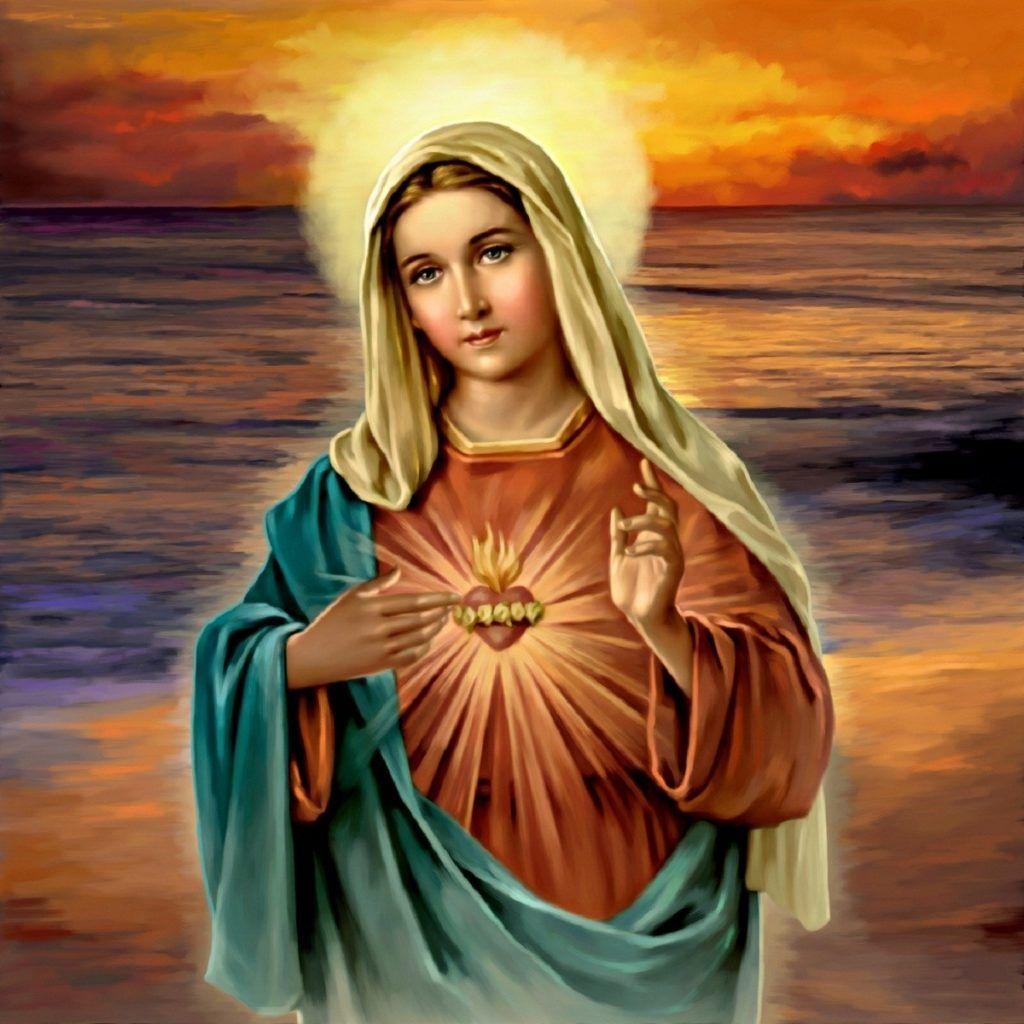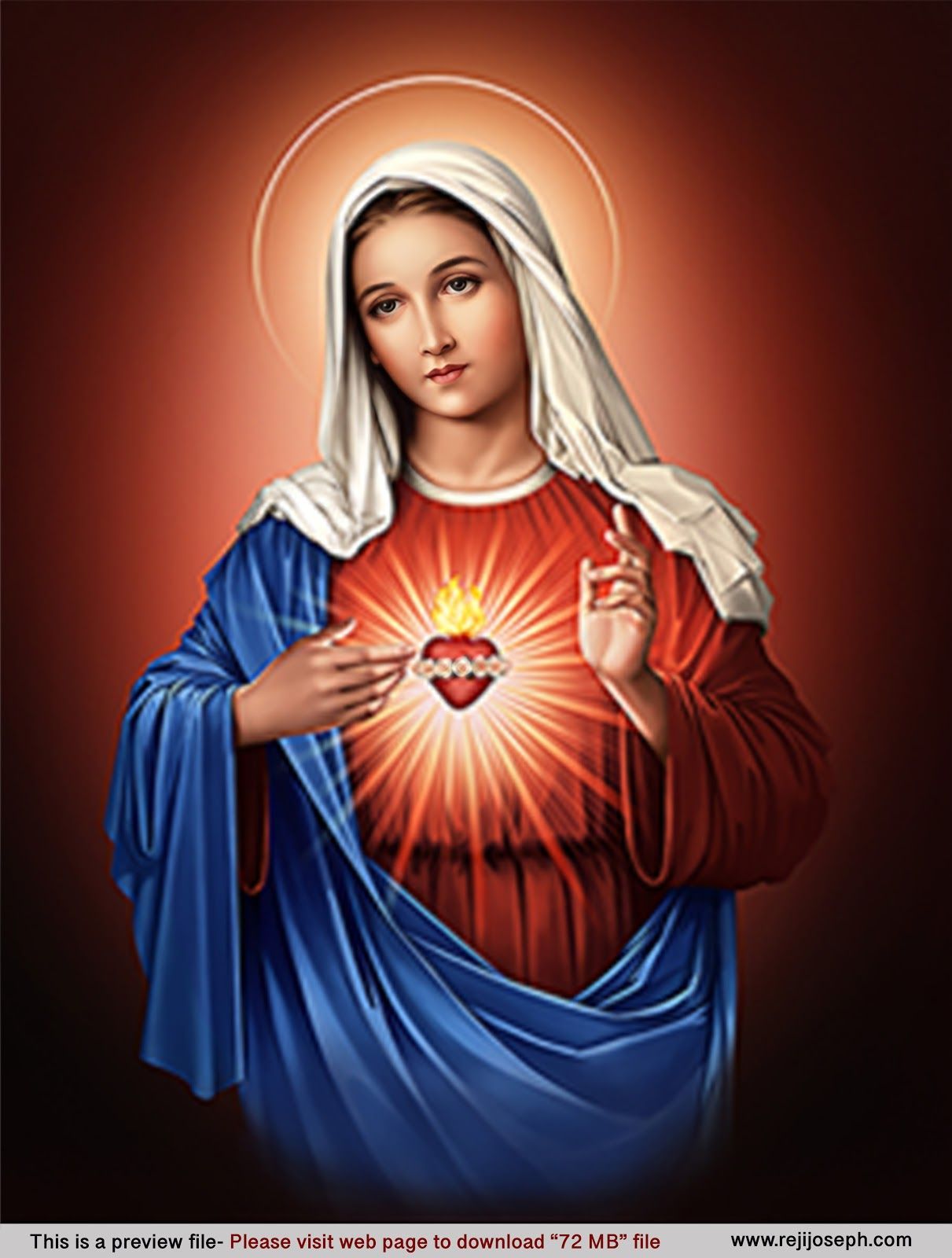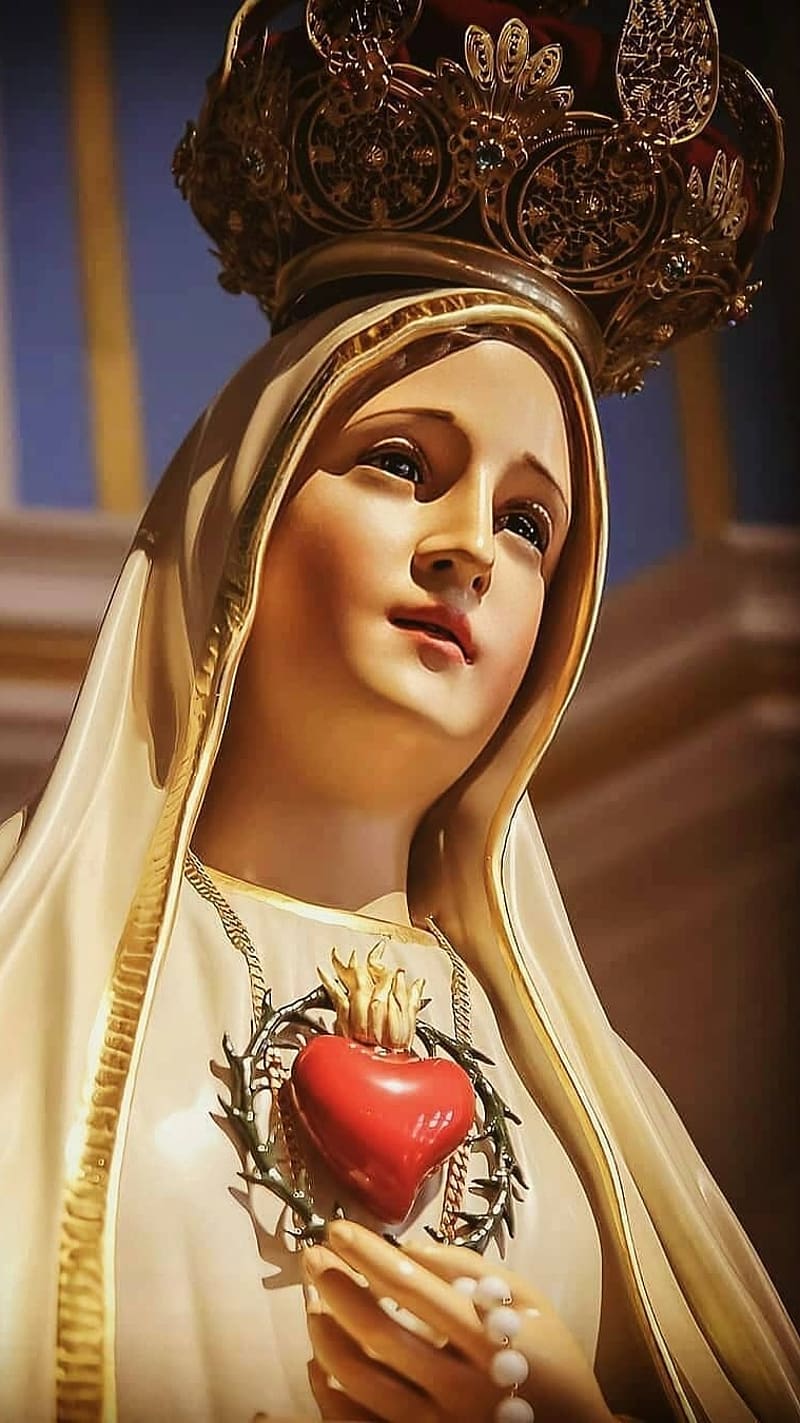Mary, Mother Of Jesus - A Look At Her Enduring Presence
For many people across the globe, Mary, the mother of Jesus, truly stands as a central figure, someone deeply revered and honored under a variety of titles, such as "virgin" or "the blessed." She is, in a way, much more than just a historical person; she embodies a powerful symbol of faith and devotion for countless individuals, spanning centuries and cultures. Her story, as we know it, begins with a rather surprising announcement, one that changed everything for her and, arguably, for the world.
She is, you know, often thought of as the mother of Jesus, a person held in very high regard within the Christian church. Her image and story have shaped so much of Western art, music, and literature, really showing just how much impact one individual can have. From ancient hymns to grand paintings, her presence is felt everywhere, a quiet, yet powerful, influence that continues to resonate with people today. It's almost as if her spirit weaves through the very fabric of our shared human story.
Mary has been given a good number of special names and honors over time, each one trying to capture a piece of her unique role. She is, for example, often called the "guarantee of..." or other similar expressions of her importance. Her life, as told in ancient writings, was one of humble service and profound trust, a testament to a spirit that sought to connect with something much larger than herself. She was, in some respects, a beacon of simple faith, offering a gentle yet firm example for all who came after.
- Iran Economy 2024
- Horses Mating
- Aishah Sofey Only Leak
- Exploring Malachi Bartons Relationships The Young Stars Personal Connections
- Lol Superman Explained
Table of Contents
- Who Was Mary, the Mother of Jesus?
- Her Personal Story and Early Life
- How Did Mary Respond to God's Call?
- Mary's Place in Christian Thought
- What Do We Know About Mary's Life?
- A Symbol of Obedience and Humility
- Why Is Mary Considered the Senior Saint?
- Mary and the Christian Family
Who Was Mary, the Mother of Jesus?
Mary, the mother of Jesus, truly holds a significant spot in Christian beliefs and in history itself. She was, in fact, the chosen person through whom a higher power brought its son into the world. Her life and her specific part in this grand story are mostly laid out in sacred texts. She is, you know, often recognized as Saint Mary or the Virgin Mary, identified in the Bible as the mother of Jesus, who founded the Christian religion. Her identity is, you could say, tied directly to this pivotal role.
She is also called the Virgin Mary, or the blessed one, which is the name given to the mother of Jesus Christ, seen by many as the mother of God. The old Hebrew version of her name, Miryam, in the Old Testament, refers only to the sister of Moses. So, it's interesting how a name can evolve and take on different meanings across various times and texts. Her story, apparently, begins with a rather humble background, yet her destiny was anything but ordinary.
Mary, who lived around the beginning of the Christian era, was the mother of Jesus. She has been held in high esteem within the Christian church since the very first days of the apostles. She has also been a very favorite topic in Western art, in music, and in literature, really showing her widespread impact. Her life and her specific part in the story are, in some respects, foundational to an entire way of thinking and believing.
- How Much Is A House In Iran
- Is Cal Raleigh Married
- Tess Dinerstein White Horse
- The Enigmatic Journey Of Theo James A Star In The Making
- Riley Green Political Party
Personal Details and Bio Data of Mary, Mother of Jesus
| Name | Mary (also known as Saint Mary, Virgin Mary, The Blessed, Mary of Nazareth) |
| Role | Mother of Jesus Christ, the founder of Christianity |
| Significance | Central figure in Christian theology and history; venerated in the Christian church since the apostolic age |
| Key Qualities | Obedience, humility, trust in God, willingness to serve |
| Primary Sources | New Testament (primarily Gospels of Luke and Matthew) |
| Cultural Impact | Frequent subject in Western art, music, and literature |
| Titles | Virgin, The Blessed, Mother of God, Senior Saint, Mother of every domestic church |
Her Personal Story and Early Life
Luke's account tells us how Mary was informed by an angel that she would become the mother of a son, whom she was to call Jesus. Mary, the mother of Jesus, apparently, "loved God and wanted to serve him with all her heart." This really paints a picture of a person deeply committed to her beliefs. It's almost as if her entire being was aligned with a higher purpose from a very early age.
Mary was, quite naturally, a bit puzzled by the angel's greeting, and she was, you know, evidently quite frightened. The angel, therefore, continued speaking, telling her not to be afraid. He then explained that she would conceive and bear a son, and she would name him Jesus. This moment, you could say, marked a turning point, not just for her, but for a whole new chapter in human history. It was a message that, in some respects, defied ordinary understanding.
She was, in fact, the mother of the Messiah, Jesus Christ, who many believe is the savior of the world. She was a willing helper, putting her trust in God and following his call. This act of acceptance, this willingness to step into something so grand and, frankly, overwhelming, shows a remarkable inner strength. It's really quite something to consider, isn't it? Her quiet acceptance speaks volumes.
How Did Mary Respond to God's Call?
When faced with such an extraordinary message, Mary's reaction was, in a way, very human. She was, as mentioned, puzzled and a little scared. Yet, her response wasn't one of outright rejection or disbelief. Instead, she showed a profound willingness to trust. This willingness to embrace a path that was, you know, completely outside the norm, truly highlights her character. It suggests a deep inner peace and a conviction that went beyond what she could logically grasp.
Her acceptance of this immense responsibility, to become the mother of the Messiah, demonstrates a level of obedience and faith that is, quite honestly, inspiring. She didn't question the how, but rather, she simply accepted the what. This kind of surrender, this letting go of personal plans for a greater purpose, is a recurring theme in her story. It's almost as if she understood, intuitively, that some things are meant to be, regardless of how they appear on the surface.
She became, you know, a living example of what it means to be a servant, someone who puts their faith into action. Her quiet strength and her unwavering belief in the divine plan are often celebrated. This is that, sort of, quiet heroism, where a simple person steps up to an incredible task with grace and resolve. Her story, in some respects, teaches us about the power of saying "yes" to the unexpected.
Mary's Place in Christian Thought
Mary, the mother of Jesus, is, quite simply, without question the most senior and respected saint within the Christian tradition. Her standing is, you know, unparalleled. Yet, despite her immense importance, we actually know remarkably little about her personal life beyond the key events surrounding Jesus' birth and early years. In the New Testament, there is, apparently, nothing about many of the details we might wish to know.
She stands, you could say, as one of the most revered figures in Christian history. Her name, quite literally, echoes through the centuries as a powerful symbol of obedience, of humility, and of a profound connection to the divine. Her story, in a way, continues to inspire countless individuals to live lives of faith and service. It's almost as if her spirit acts as a gentle guide for those seeking spiritual growth.
Mary of Nazareth, the mother of Jesus Christ, is, to be honest, one of the most venerated women from the ancient world. Her most common descriptive name is the Virgin Mary, and she is celebrated by a vast number of people across different Christian denominations. Her impact, therefore, stretches far beyond the pages of scripture, influencing art, culture, and individual spiritual journeys for thousands of years.
What Do We Know About Mary's Life?
Despite her immense significance, the details of Mary's daily existence are, you know, surprisingly scarce in the biblical accounts. The focus is primarily on her role in the story of salvation rather than on a comprehensive biography. We know she was a young woman, living in Nazareth, betrothed to Joseph. Her life, apparently, took a sudden and dramatic turn with the angel's visit.
The New Testament, quite simply, does not provide a lot of personal anecdotes or descriptions of her character beyond her initial response to the divine message. We don't read about her childhood friends, her hobbies, or her day-to-day routines in great detail. This lack of extensive personal information, in some respects, allows her to be a more universal figure, allowing people to project their own understanding of faith onto her. It's almost as if the silence around her personal life amplifies her spiritual message.
What we do know, therefore, is primarily centered around her pivotal moments: the Annunciation, the birth of Jesus, and her presence at key events in his life, including his crucifixion. Her life, in a way, serves as a framework for understanding the larger narrative of Christian belief. It is, you know, a life defined by extraordinary events rather than ordinary details, making her story both compelling and, perhaps, a little mysterious.
A Symbol of Obedience and Humility
Mary's life, as depicted, offers a powerful example of obedience. When she was told she would bear a son, her response was, "Behold the handmaid of the Lord; be it unto me according to thy word." This willingness to accept a divine plan, even when it was, you know, perplexing and challenging, truly sets her apart. It's a demonstration of a deep and abiding trust, a readiness to follow a path she couldn't fully comprehend.
Her humility is also a prominent characteristic. She was a young woman from a humble background, yet chosen for an extraordinary purpose. She didn't seek glory or recognition for herself. Instead, her focus remained on serving the divine will. This quiet, unassuming nature is, in some respects, what makes her so relatable and so inspiring to many. It shows that greatness can be found in simple, faithful hearts.
These qualities of obedience and humility are, you know, often highlighted as core virtues within Christian teachings. Mary's story serves as a living illustration of how these virtues can manifest in a person's life, leading to profound spiritual outcomes. It's almost as if her entire existence became a lesson in selfless devotion, a gentle reminder that true strength often lies in quiet submission.
Why Is Mary Considered the Senior Saint?
Mary's position as the "senior saint" within the Christian tradition comes from her unique relationship with Jesus. As his mother, she played an absolutely vital role in bringing him into the world. This direct connection, you know, places her in a category all her own, distinct from other revered figures. Her consent, her willingness, was a crucial part of the divine plan unfolding.
Her early veneration, dating back to the apostolic age, also contributes to her elevated status. She was honored and recognized for her role very early on, almost immediately after the events of Jesus' life. This historical continuity of reverence, therefore, speaks volumes about her enduring significance. It's a clear indication that her importance was understood and celebrated from the very beginning.
Furthermore, her consistent portrayal as a model of faith, purity, and maternal care across various Christian traditions solidifies her standing. She is, quite simply, seen as the epitome of what it means to live a life devoted to God. This consistent portrayal across centuries and cultures reinforces her position as a figure of unparalleled importance and, you know, profound spiritual authority.
Mary and the Christian Family
Mary is, in a very real sense, considered the mother of every domestic church, which is to say, of every Christian family. She understands, quite fully, the naturally supernatural realities of family life because she, you know, lived them herself. Her experiences, from the miraculous conception to raising Jesus, provide a relatable framework for the joys and challenges of family life. It's almost as if she offers a comforting presence, a knowing glance, for parents and children alike.
Her role as a nurturing figure, a protector, and a guide extends beyond her immediate family to encompass all who seek to follow the Christian path. She is, therefore, often invoked for guidance and support in matters of home and family. This connection makes her a very approachable figure for everyday believers, someone who understands the intricacies of human relationships and the spiritual dimensions within them.
The idea that she understands the "naturally supernatural realities" suggests a deep empathy for the blend of ordinary life and spiritual purpose that defines a Christian home. She experienced, you know, the mundane alongside the miraculous. This unique perspective allows her to be seen as a compassionate intercessor, someone who truly comprehends the daily struggles and triumphs of family life, offering a quiet strength to those who call upon her.
This exploration has looked at Mary, the mother of Jesus, as a central figure in Christian belief, touching on her veneration, her role as Jesus' mother, her response to the divine call, and her enduring symbolism of obedience and humility. We've considered her significant place in Christian thought and history, and how she is seen as a model for every Christian family.
- Which Country Colonized Iran
- Ittesu Suzuki
- Horses Mating
- Moderno Sombreados Cortes De Cabello Hombres
- Roma Downey Feet

Virgin Mary Wallpapers - Top Free Virgin Mary Backgrounds - WallpaperAccess

Mother Mary HD Phone Wallpapers - Wallpaper Cave

Mother Mary Images - The Ultimate Collection of Over 999 Stunning High